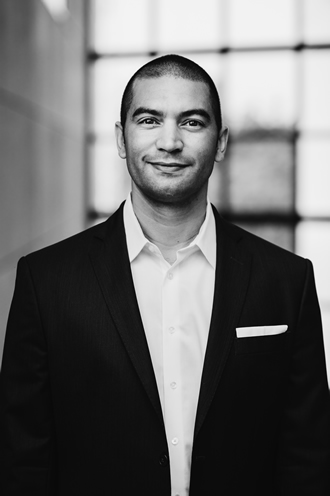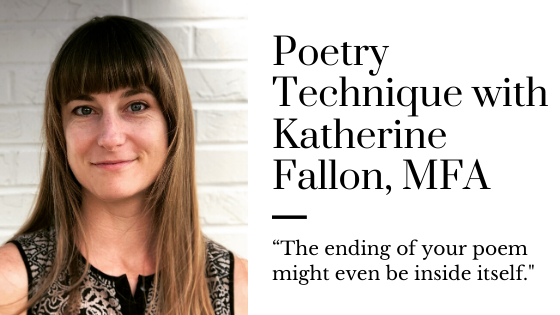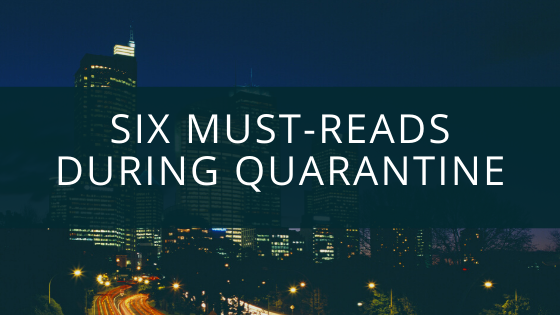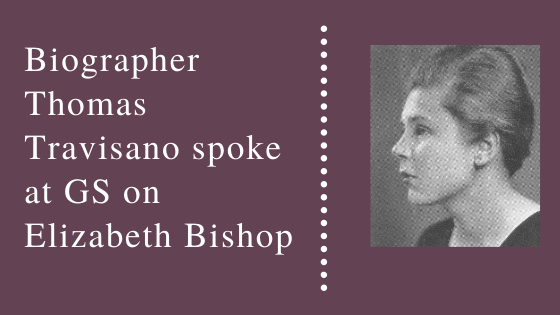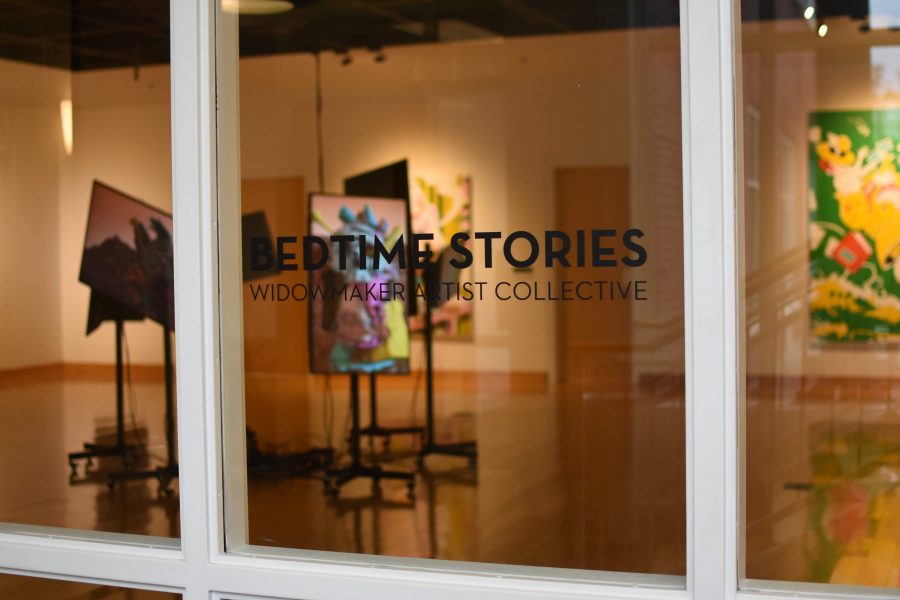Photo by Stephen Sproll; courtesy of http://adrianmatejka.com/about
Poet Adrian Matejka visited Georgia Southern University in February to deliver a craft talk and perform a reading, where he read poems from a few of his collections, including 2013 National Book Award finalist “The Big Smoke,” which focuses on Jack Johnson, the first African-American heavyweight champion in the world.
Between the craft talk and the reading, I had the opportunity to ask Matejka a few questions for The George-Anne Miscellany:
Q: What are your biggest influences right now?
A: My biggest influences right now, for my writing? That’s a tough question. I think probably, I’m reading a lot of graphic novels right now because I’m working on one, so Kyle Baker’s work has been really important to me. He has a graphic novel called “The Confessions of Nat Turner,” that’s been a big deal. I’ve been listening to a lot of music getting ready for my rap class, so 21’s new album has been influential in its own weird way. And also, I think I mentioned Future’s album, too, so those are three things that have gotten me moving lately.
Q: I noticed that you’re absent from social media right now, at least on Twitter, so I was wondering. What are your thoughts on using social media as a writer?
A: Social media is great. I just don’t have the energy for it right now, but it’s an incredible tool. And when I do have the energy, it’s a great way to share poetry, share suggestions and ideas, it’s a great opportunity to get in touch with people I don’t ordinarily see. But right now, I’m in the middle of a pretty heavy editorial deadline, so spending time on Twitter is something that I don’t have the luxury of doing.
Q: I know that you did your poems on Jack Johnson – I’ve read quite a few of them – so I wanted to know, what is your research process like?
A: That book took me eight years to write, so the research process is long. I think I had 22 primary sources for it, and probably another 15 secondary sources, so I spent a lot of time in the archives, like we were talking about today. I spent a lot of time going through files from the Department of Justice and old biographies and newspaper articles and things like that, and it took all of them to get to the place where I felt comfortable writing the book, because I didn’t want to get it wrong. I wanted to be right about this man’s life if I was going to try to write it.
Q: I have one more question. What brought you to poetry?
A: You mean, other than trying to impress that person in my philosophy [class]? I wanted to be a rapper, and I was bad at it. And then I heard a poet called Yusef Komunyakaa, and he sounded like he was making music with words, and so when I heard that, that’s when I decided that whatever he was doing, I wanted to try to do it too. And that was, even more than trying to impress that girl, that was the beginning of me taking seriously the idea of poetry.


